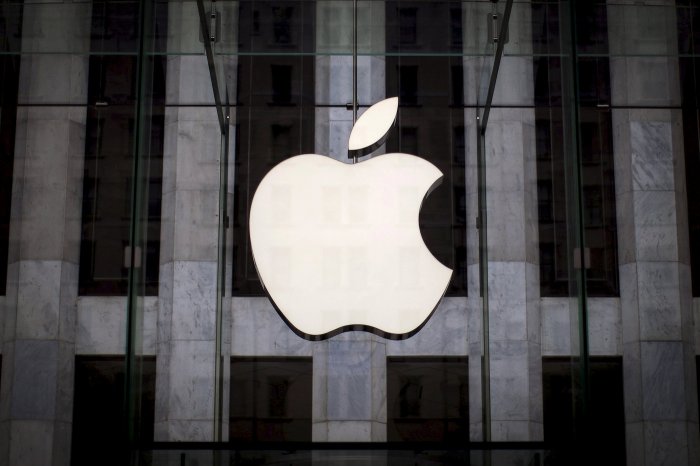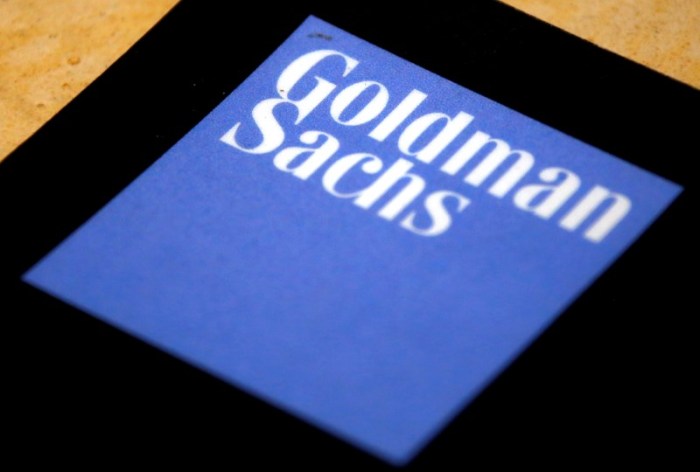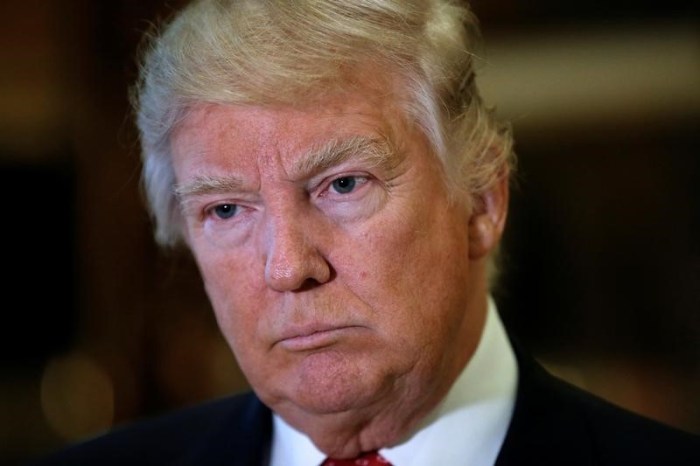By Lewis Krauskopf and Rodrigo Campos
NEW YORK (Reuters) – Shares of a number of U.S. companies eyed in high-profile deals are trading significantly below their intended acquisition prices on worries that the deals will die, presenting an opportunity for some big-name investors. The deal spreads span 10, 20 or 30 percent in some cases, against long-term averages in the low single digits, and funds such as T. Rowe Price and Franklin Mutual Advisers have made significant additions to target company shares, according to Thomson Reuters data. It’s unclear whether the funds are seizing on an arbitrage opportunity or are scooping up shares for other reasons, such as seeing value in the target company regardless of whether the deals go through. The funds declined to comment. But shareholders stand to profit handsomely in the event the deals win approval.
Investors may be more wary about deals closing after regulatory opposition scuttled several major mergers in recent months. Halliburton’s Risks to the pending deals stem largely from antitrust concerns, particularly in healthcare industry, or because the buyers are Chinese companies, said investors.
“The market is pricing these risks properly in our view,” said John Orrico, chief investment officer of New York-based Water Island Capital, adviser to The Arbitrage Fund, which invests exclusively in merger deals. “There is a reason you should avoid the healthcare deals, there’s a reason you should avoid these Chinese-led buyer deals.” The average spread of 15 big merger deals involving U.S. target companies is higher than usual now at about 9 percent, according to a Reuters analysis of pending deals above $5 billion. That is above the long term average for all merger spreads, estimated by Orrico at 3 to 5 percentage points above Treasury bill rates, which are currently around 0.2 percent. The spreads are far wider for two pending mega-mergers involving U.S. health insurers. Anthem’s Cigna shares trade at a 35-percent discount to Anthem’s offer, which has an equity value of $44 billion, while Humana is currently about 21 percent below Aetna’s offer of about $34 billion. DOUBTS THAT DEALS WILL CLOSE
The wide spreads indicate strong doubts that deals will close, adding some risk to owning the target company shares. Investors who buy now hoping to profit may find that a scuttled deal drags the stock down lower. But the wider the spread, the closer the shares may be to their price without a merger premium. That could mean less of a fall should the deal collapse.
Take Cigna. At $126 a share, the stock is trading below where it was a year ago when news of the deal broke. That could soothe current investors, although the stock’s downside is unclear, given that Cigna shares had begun 2015 at $103 a share. T. Rowe Price and MFS Investments made big additions to their Cigna holdings in the first quarter, according to Thomson Reuters data, during which time the spread for the cash-and-stock Anthem offer averaged 25 percent. Both funds declined to comment. “If the deal is successfully completed, (institutional holders) will make the arbitrage spread and come out long the acquiring company,” said Roy Behren, portfolio manager of Westchester Capital Management’s The Merger Fund in Valhalla, New York. “And if the deal is blocked, they may lose a little bit in the short run, but they would believe that they would make money as the stock realizes its intrinsic value.” Antitrust concerns also cloud Walgreens Boots Alliance’s Franklin Mutual Advisers, the third-largest Rite Aid shareholder, added virtually its whole position of nearly 30 million shares during the first quarter, according to Thomson Reuters data.
Franklin’s specific funds that added Rite Aid shares are known for investing in merger arbitrage opportunities, according to Morningstar. Franklin declined to comment.
Several deals with Chinese acquirers have encountered snafus, prompting fears about similar acquisitions. Ingram Micro Outside of the United States, Swiss pesticides maker Syngenta Another recent acquisition bid in the agricultural sector may present an opportunity.
U.S. seed company Monsanto Nonetheless, Monsanto shares are trading at $107, 14 percent below the initial offer.
(Reporting by Lewis Krauskopf and Rodrigo Campos; editing by Linda Stern and Nick Zieminski)


















